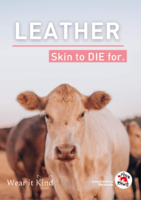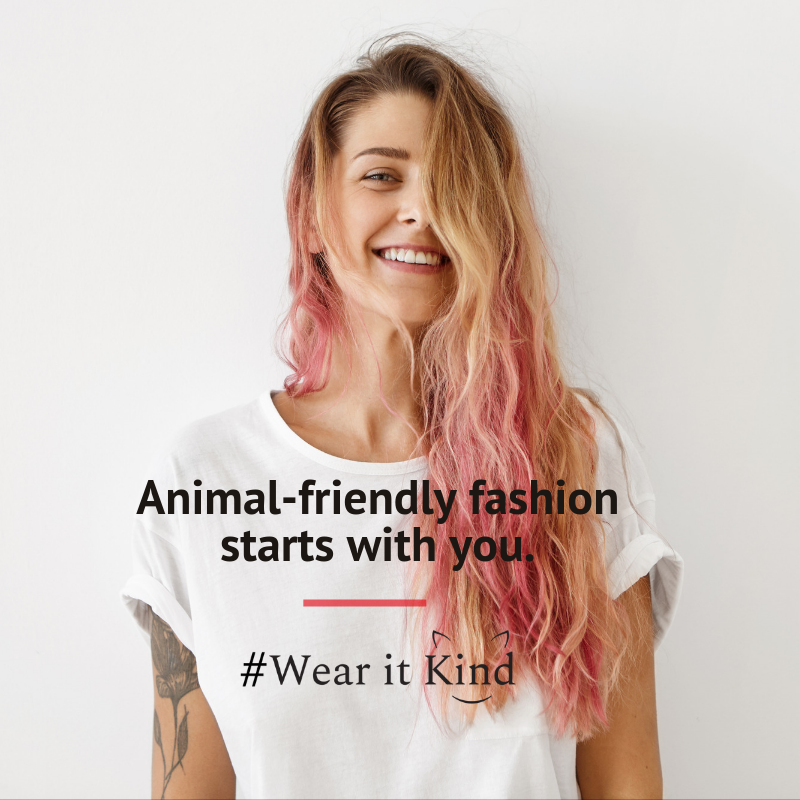
FOUR PAWS says put cruelty-free fashion centre-stage
Campaigns Officer, Bertha Moteane says FOUR PAWS South Africa will be seeking to end the use of animal-derived materials by the fashion world and pushing for materials that are kinder to animals.
In the world of fashion trends, things move fast. As 2023 progresses, brands, fashionistas, and the fashion media are buying into and establishing trends forecasted for 2023.
One thing is sure, animal-friendly focused fashion lovers and followers will need to take a stand in 2023 as some of these fashion trends are not cruelty free.
Millions of animals around the world suffer in the name of fashion every year. FOUR PAWS in South Africa is embarking on a brand engagement drive to support a cruelty-free fashion program, challenge the mistreatment of animals, and to make animal protection an essential part of ethical fashion.
FOUR PAWS Campaigns Officer, Bertha Moteane, says the FOUR PAWS Wear It Kind program is an initiative designed to support and catalyse more compassion in the fashion industry.
While harmful practices that enable the use of animal-derived fashion are found across the world, there are two 2023 trends that cruelty-free fashionistas should be aware of that are not taking animal welfare into consideration.
Leather is officially in for 2023 says the fashion editors after the catwalks have been inundated during fashion weeks with mini as well as maxi leather skirts and an old favourite with shoe-lovers, knee-high leather boots with high heels. The look is mostly shiny black leather.
Bertha says many fashion consumers wear leather on the grounds that it is a by-product of animal slaughtering for meat production, while some believe it is a form of recycling to avoid waste and pollution.


Another popular trend with fashion designers in 2023 is feathers as adornment on clothes but also on accessories like shoes, bags, and earrings.
Bertha says ostrich farming for leather as well as feather production is another leading industry of farmed animals used in production of materials for fashion in South Africa. Many researchers have labelled this industry as lacking transparency, with very little information on ostrich products reaching the fashion consumer.
Bertha explains South Africa is the leading supplier of ostrich products to the world and produces approximately 70% of all ostrich meat, leather, and feathers on the world market according to a publication of the South African Society for Animal Science.

Bertha called on the fashion industry to end the cruel practices and on fashion lovers to avoid products that come from them.
“We further call on the fashion industry to ensure that alternatives to animal products are available to consumers and to develop and publish transparent animal welfare policies. Shoppers care about animal welfare and to enable shoppers to buy in line with their values, brands need to build animal welfare policies which put animal welfare at the centre of sourcing decisions and finally ensure that animal products are accurately labelled, advertised, and otherwise marketed so that consumers can make conscious and informed decisions.”


